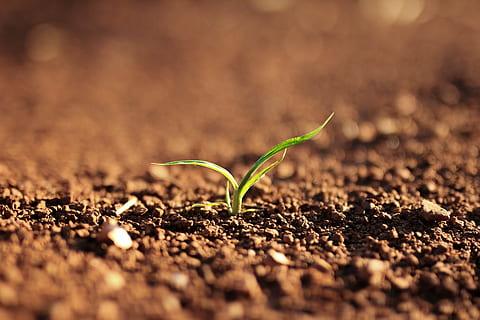Drying sewage sludge or animal waste for more fertile grounds
Made from plant or animal sources, organic fertilizers are becoming popular with the rise of sustainable practices. In comparison with synthetic fertilizers, which are made from non-renewable chemicals such as ammonium sulphate, organic fertilizers make use of human and animal wastes that contain nutrients that benefit plant growth as well as improve soil quality.

Organic versus synthetic fertilizers
Synthetic fertilizers provide common nutrients such as nitrogen for plants to grow. However, it does little to the quality of soil and water retention, especially when the goal is to nourish plant roots and cultivate nutritious soil. Based on biodegradable materials such as manure and sewage sludge, organic fertilizers are considered to be a sustainable nutrient source for gardening and farming.
How are organic fertilizers made?
One of the advanced technologies to make organic fertilizers on an industrial scale is using residual heat from poultry houses, cow farms and power plants, to dry sewage sludge or animal wastes. For example, belt dryers are widely used to dry chicken manure with automated systems. Poultry manure is transported by perforated plates to the drying area, which eliminates the requirement for pre-drying; the drying system is able to optimize poultry manure drying time, resulting in little ammonia conversion and high nitrogen content in organic fertilizer end-product. The dried product is then conveyed to a pellet press, making organic fertilizer easy to store and transport. Click here to read more about organic fertilizer technology from Dorset Green Machines.